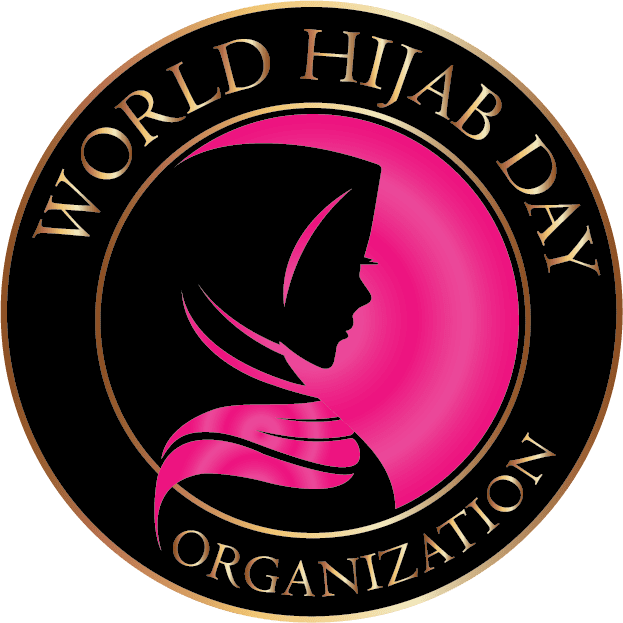It isn’t my right anymore to choose the way I want to dress for work, anywhere in Europe. On July 15th, 2021, the verdict on the “hijab ban” came directly from the European Union’s Highest Court.
The article that followed, from Al Jazeera, read as follows, “European Union court rules companies may ban Muslim employees from wearing a headscarf under certain conditions. The European Union’s top court has ruled that employers may forbid the wearing of visible symbols of religious or political belief, such as headscarves.”
That shocked me to the core. As a Muslim woman who chooses to wear a headscarf or hijab at work, I realized that my employer could decide to ban me from wearing my hijab, at any day. I felt angry about this fact; I felt cheated by the EU! I felt the need to ask some questions:
How can a piece of cloth invoke so many opinions in others and give rise to fears? Why should others have a right to tell me what I can and cannot wear? How is this any different from the Muslim communities that are quick to judge women for not wearing hijabs in a manner deemed correct according to most Islamic scholars? What do people see when they see me? Do they see me, for me?
Sadly, people don’t easily see my degree in engineering, a Masters in International Business, a work experience spanning across many countries for over a decade. Instead, they selectively see an extra piece of clothing, my hijab, with prejudice. I took so much pride in living in a country that is a member of the European Union. I even put my trust in their highest court.
I can give you many examples of symbols casually worn by people and which are also being dismissed. What is religion other than one’s beliefs, practices or lifestyle? What are all the tattoos that people sport and are admired for, if they are not something that they believe in, practice or live with? What about the individual haircuts or hair color, ever-changing clothing trends and/or body piercings? What about cults? Where is it all coming from if not from internal beliefs? People dress according to their comfort and preference, for self-expression. Does it matter if these personal beliefs are coming from a religion or a culture? Why selectively pick out religions or rather, mostly, one religion? What about turbans? What about a nun’s veil? Why…really…just…mainly…only…hijab?
In other words, what if I said that my hijab wasn’t a religious garment; rather, I just think that wearing a headscarf is as cool as wearing a headband? I wonder if that would be more acceptable for the EU.
Visibly–Muslim women have always been easy targets, be it due to “White Savior Syndrome” or Islamophobia. And yet, women across cultures and centuries have been wearing a headscarf or veil in different forms, be it a chador, dupatta, chunri, khimar, shayla, hat or scarf. The definition of modesty has been changing over time and I agree the modest dressing of visible Muslim women is different compared to modest dressing of European or American Women. But, aren’t we talking about diversity, inclusion, acceptance and tolerance for which the European Union stands tall for…ahem, stood tall for, or does that exclusively, only apply to women fitting into a whole other definition of diversity and inclusion in an unpublicized document somewhere? Evidently, it states on the official EU website, “The EU Platform of Diversity Charters embodies the European Commission’s long-term commitment for diverse workplaces and inclusive societies.”
I am diverse. I want to be included, but my definition of who I am, shouldn’t be the same as what others think I should be or what others think I should look like. We apparently cannot accept and tolerate each other based on our choice of clothes, in closed spaces or in public spaces, including the professional environment. However, nobody should be concerned with anybody’s personal choices unless they are harmful to others. Following the EU’s highest court ban on hijabs, I wonder what we can tolerate or what we are allowed to tolerate in life.
About author

Sana Khan is a Motivational Speaker, Writer and Coach. Moreover, Sana has attained her engineering degree from Shobhit Institute of Engineering and Technology (now a Deemed University) and Dr. APJ Abdul Kamal University (former UPTU) in India. She has an MA in International Business from EAE Business School in Barcelona Spain and UPC Catalunya, Spain. Sana has recently written a motivational eBook entitled, “Dreamcatcher Framework.” She has also co-authored a spiritual anthology called, “Pause and Pen.” When she is not reading or writing, Sana prefers to nature-walk or sip coffee with her husband and son in Belgium.
Website: www.talkwithsana.com
YouTube and Facebook @TalkwithSana
Instagram @Sanakrblogs



